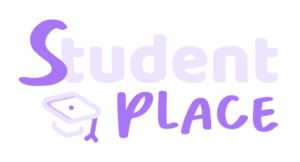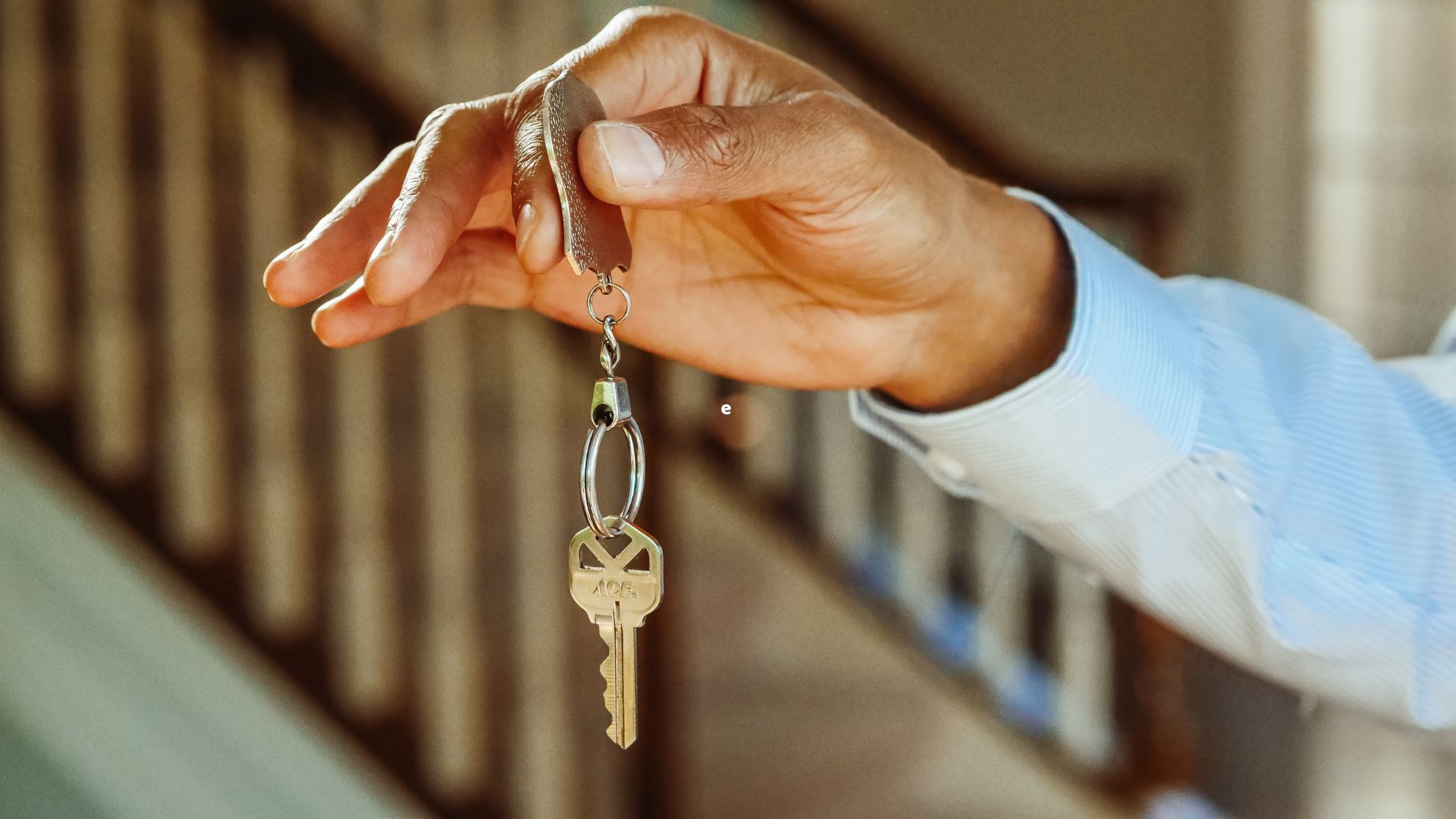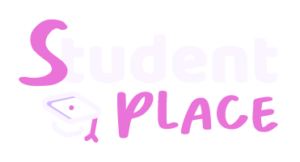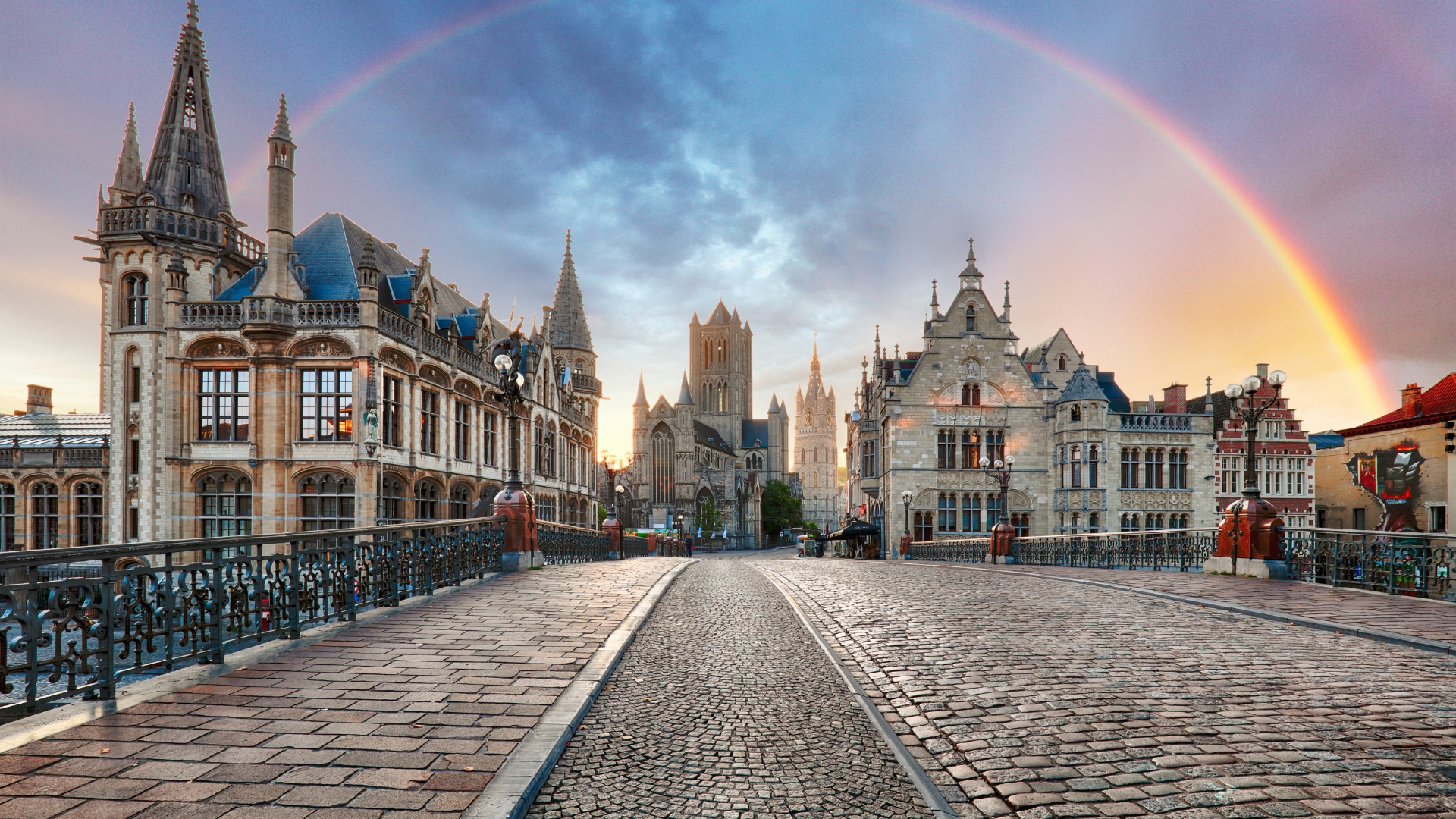
In Belgium, there are two main language groups: the Walloons and the Flemish. Walloons live mainly in Wallonia, the French-speaking part of the country, while Flemings live in Flanders, the Dutch-speaking part.
The linguistic difference
The linguistic distinction is the most obvious characteristic between Walloons and Flemings. Walloons speak French, while Flemings speak Dutch. These languages are official in Belgium, but the predominance of French in Wallonia and Dutch in Flanders has often been a source of political tension.
The cultural differences
Apart from language, there are also cultural differences between Walloons and Flemings. The Walloons have a culture influenced by France, while the Flemish have a culture closer to the Netherlands. Cuisine, traditions, festivals and even architecture can vary from region to region.
Here’s an overview of these distinct cultural aspects:
The cook
Walloon cooking is often influenced by French gastronomy. They are renowned for their love of tasty, hearty dishes. Popular Walloon specialties include carbonades flamandes (a beef stew with beer), Liège waffles, boulets sauce lapin (meatballs with a beer-based sauce) and tarte au riz. The Walloons are also known for their passion for abbey beer, produced in monasteries.
As for the Flemish, their cooking reflects their proximity to the Netherlands. They are famous for their fish dishes, such as moules-frites, as well as their delicious Brussels waffles. Flemings are also proud of their varied speciality beers, ranging from light lagers to more robust brown ales and fruit-fermented lambics.
Traditions
Walloons and Flemings also have distinct traditions. The Walloons have a rich tradition of folklore, with colourful and lively carnivals held in a number of towns, including Binche and La Louvière. The Binche carnival, a UNESCO World Heritage site, is famous for its Gilles, masked characters dressed in traditional costumes.
The Flemish also have their own traditions, such as kermesses, which are popular festivals with attractions, rides and food stalls. Dragon boat racing is also a widespread Flemish tradition, particularly in Ghent and Antwerp. These colourful races take place on rivers and canals and attract large crowds of spectators.
Parties
Walloons and Flemings celebrate specific festivals that are often linked to their culture and history. In Wallonia, the 21 July festival commemorates Belgium’s bank holidays and is marked by military parades, fireworks and festivities. In December, the Walloons also celebrate traditional Christmas markets, where you can find handicrafts, culinary specialities and Christmas decorations.
In Flanders, the festival of St Nicholas (Sinterklaas) is particularly popular. On 6 December, children receive presents from Saint Nicholas, who is accompanied by his assistants, the “Fouettard Fathers”. On 11 July, Flemings celebrate Flemish Community Day, marking the recognition of their cultural and linguistic identity.
The architecture
Traditional architecture also varies between Wallonia and Flanders In Wallonia, you can find stone houses with slate roofs, particularly in medieval towns such as Namur, Dinant and Durbuy. Fortified castles and Gothic churches are also characteristic features of Walloon architecture.
In Flanders, the architecture often displays Dutch and Flemish influences. Narrow-gabled houses with brick facades and pitched roofs are common in cities such as Bruges, Ghent and Antwerp. These towns are also known for their superb Gothic town halls and iconic belfries.
The political landscape
Belgium is a federal country with a complex system of government. The Walloons and the Flemish each have their own regional government and parliament, which take decisions on regional affairs. De plus, la Région wallonne dispose d’un gouvernement de la Communauté française, qui gère les compétences culturelles et éducatives.
Unity in diversity
Despite their differences, Walloons and Flemings are compatriots and an integral part of Belgium. The two communities work together on many projects and share many common values. Belgium is renowned for its ability to reconcile cultural and linguistic differences.
Do you want to discover Belgium?
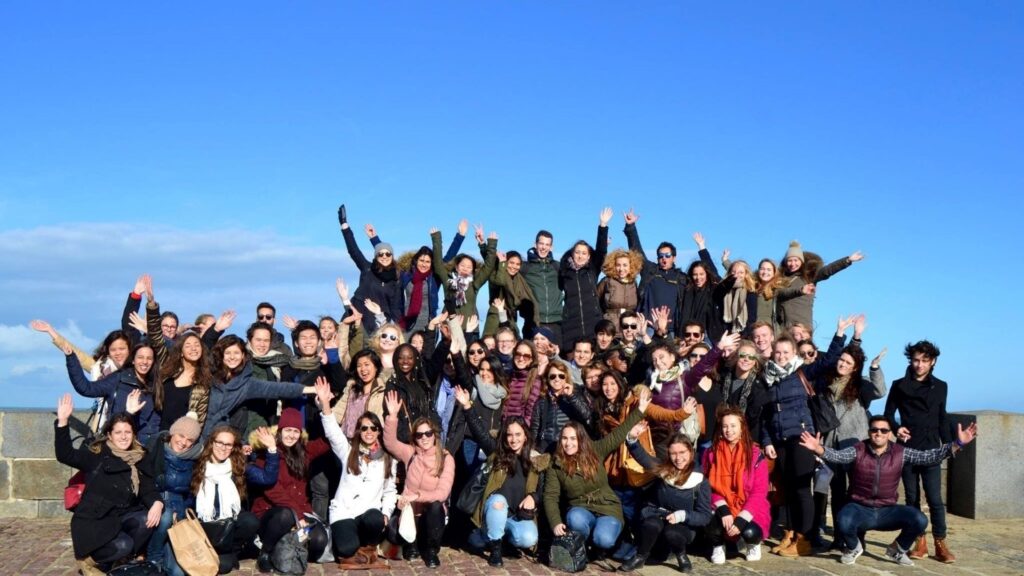
Discover Belgium with our partner Erasmus Place. Trips throughout Belgium for foreign Erasmus or French students, with more than 22 nationalities per trip. It’s the perfect opportunity to get away for less.
